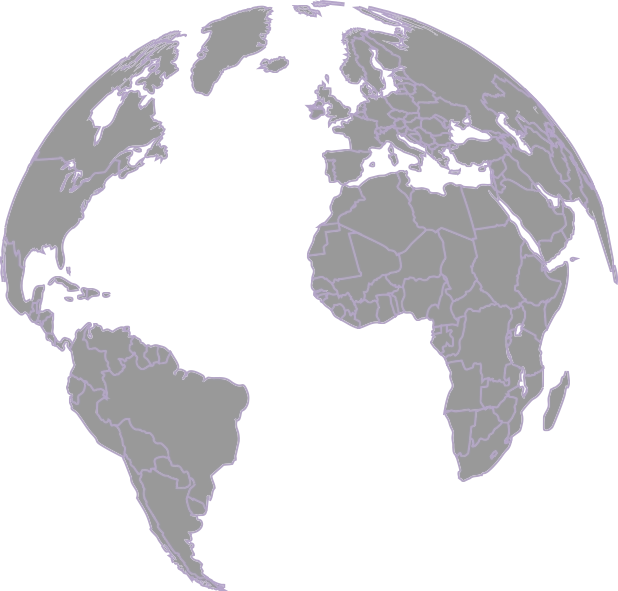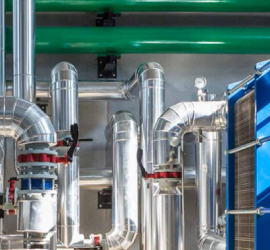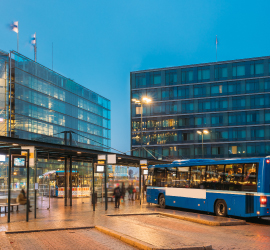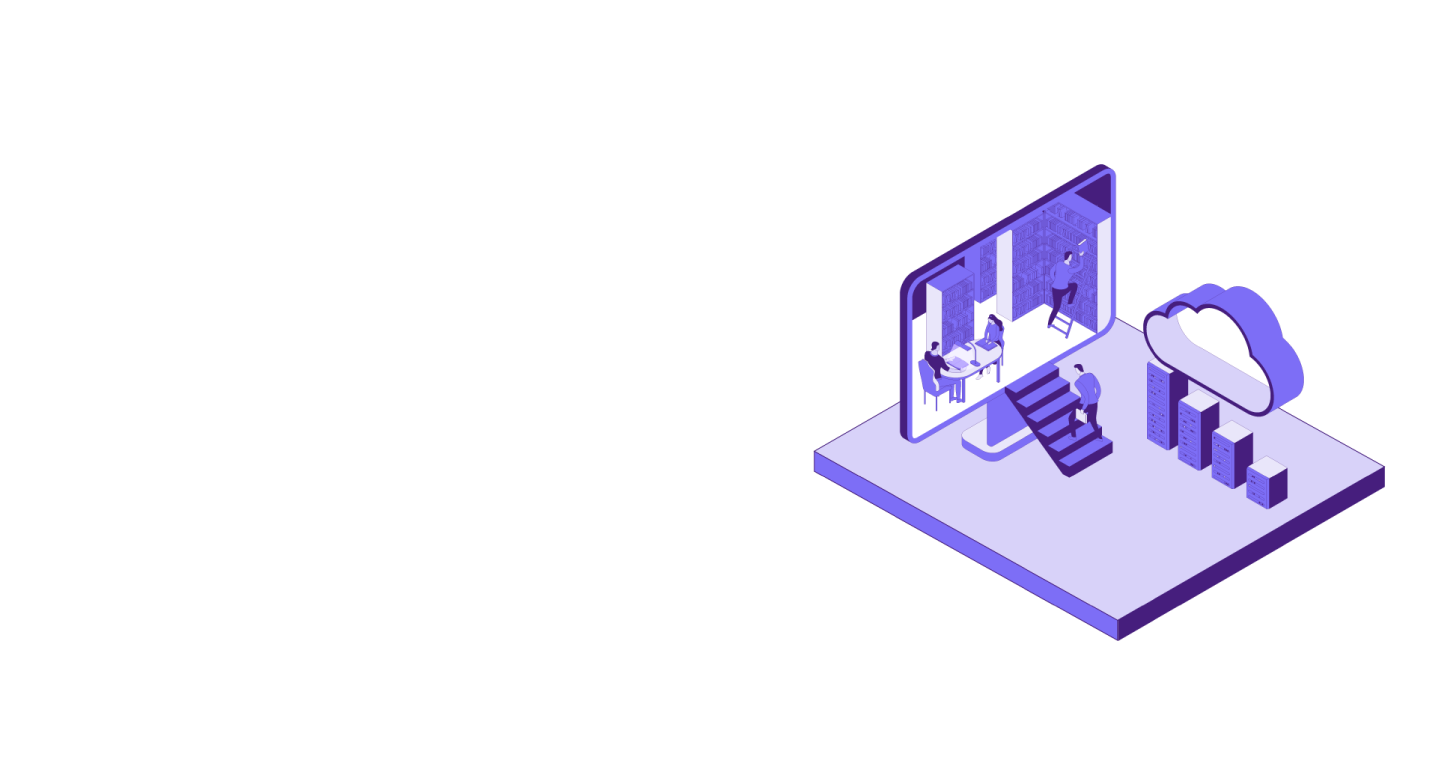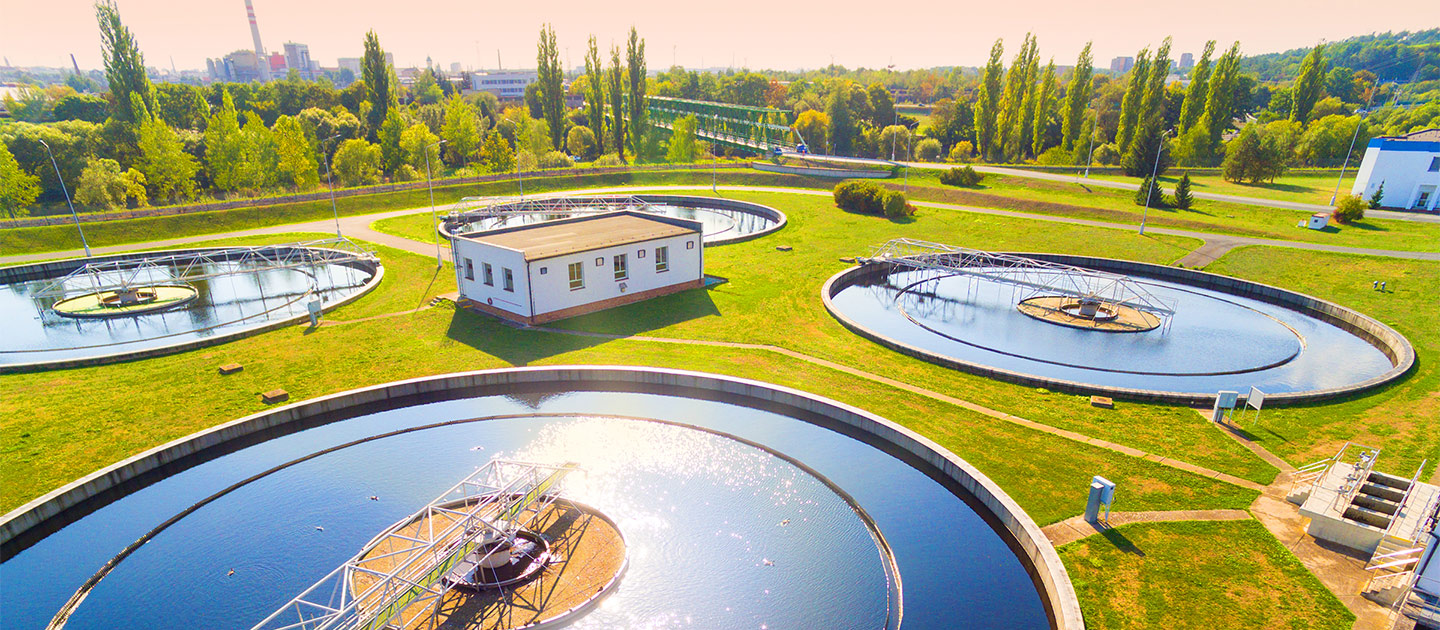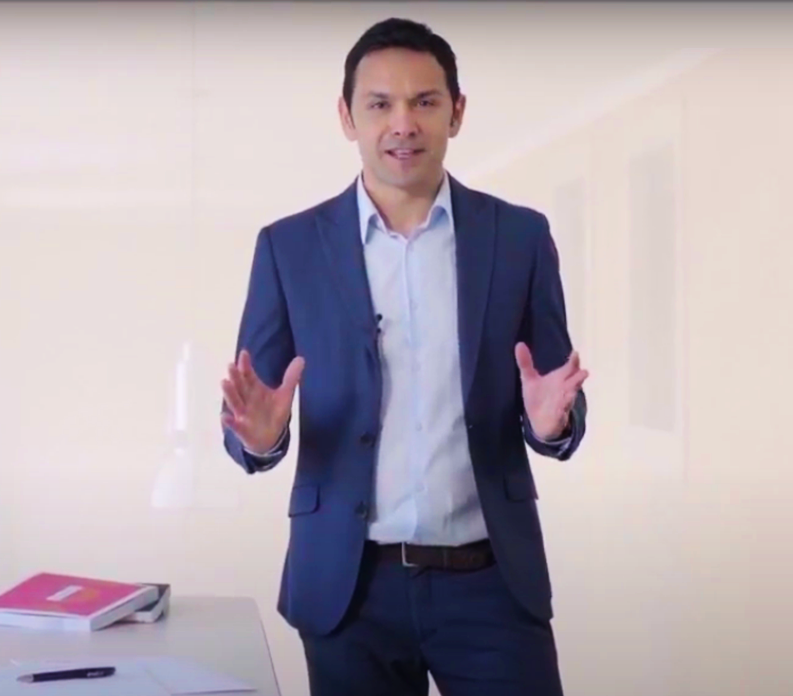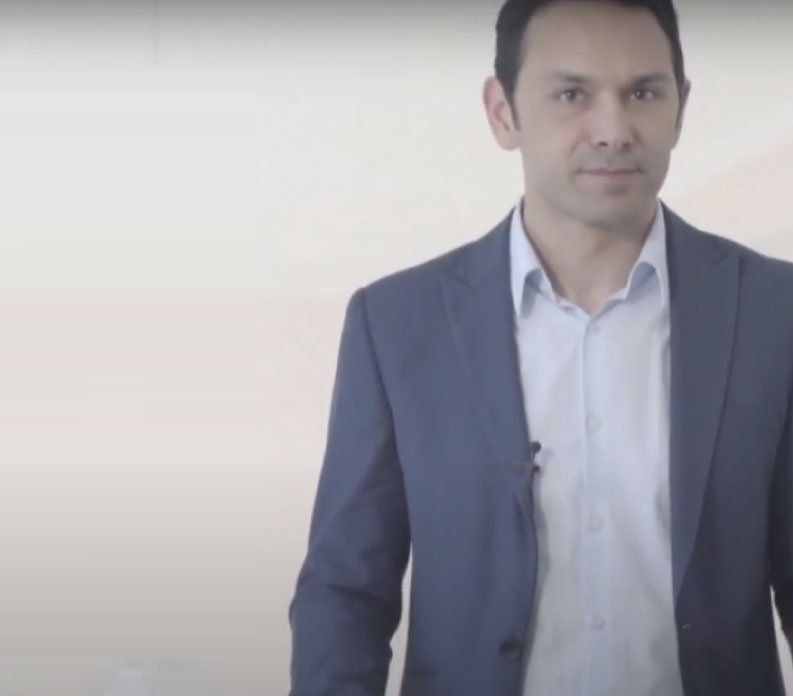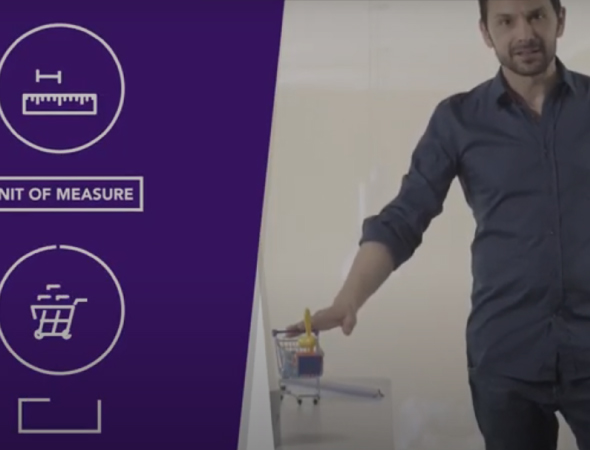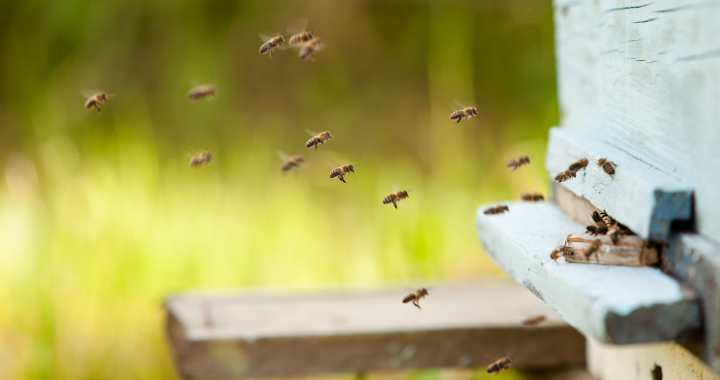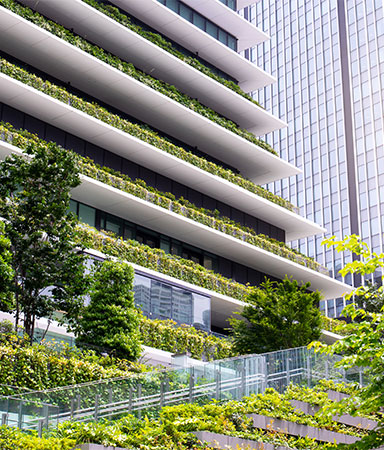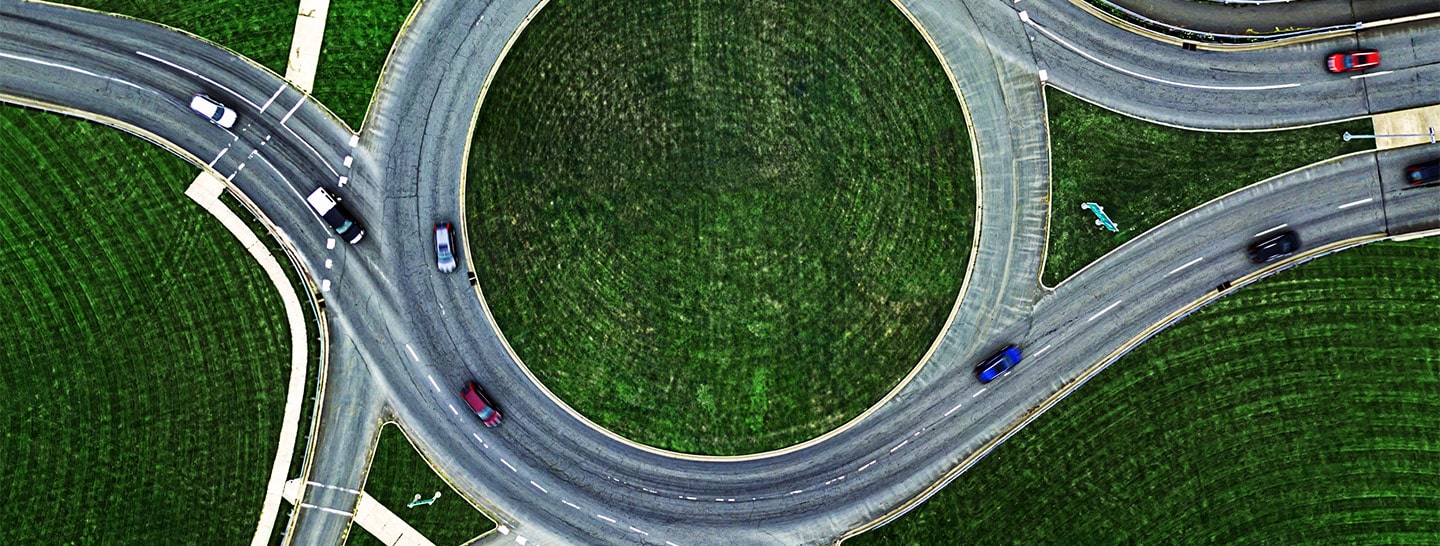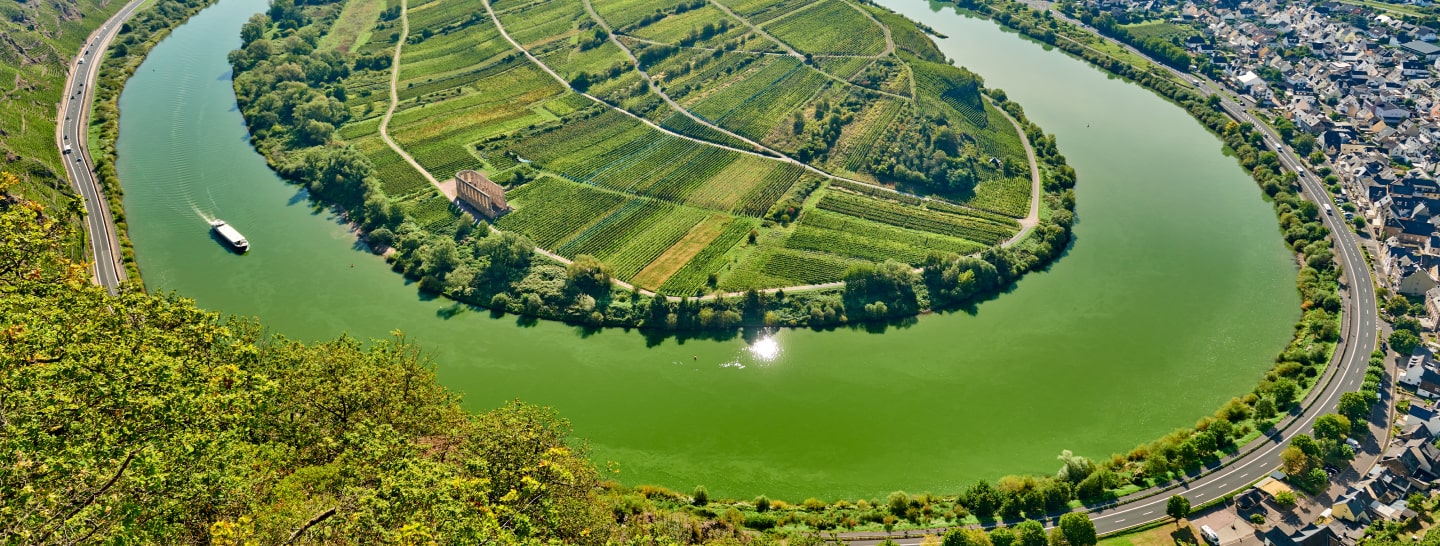Circular Evolution
Circular Certification Corporate
Circular Certification Energy Site
Circular Certification Product
Circular Evolution
In order to test the effectiveness of the Circularity Index, we selected some providers of the Enel Group and some of their products, and we applied our model to them. After the test we closed the pilot phase and developed the certification scheme, which is now being validated by Accredia to ensure its robustness, independence and impartiality.
The CircularEvolution group was created in December 2021 by Enel X GR, ICMQ and CESI to maximise the awareness of these certification tools and to facilitate their diffusion and use on the market. Its aim is to support virtuous organizations in increasing their awareness about the integrated, efficient use of resources, while reducing the environmental impact of their activities.
